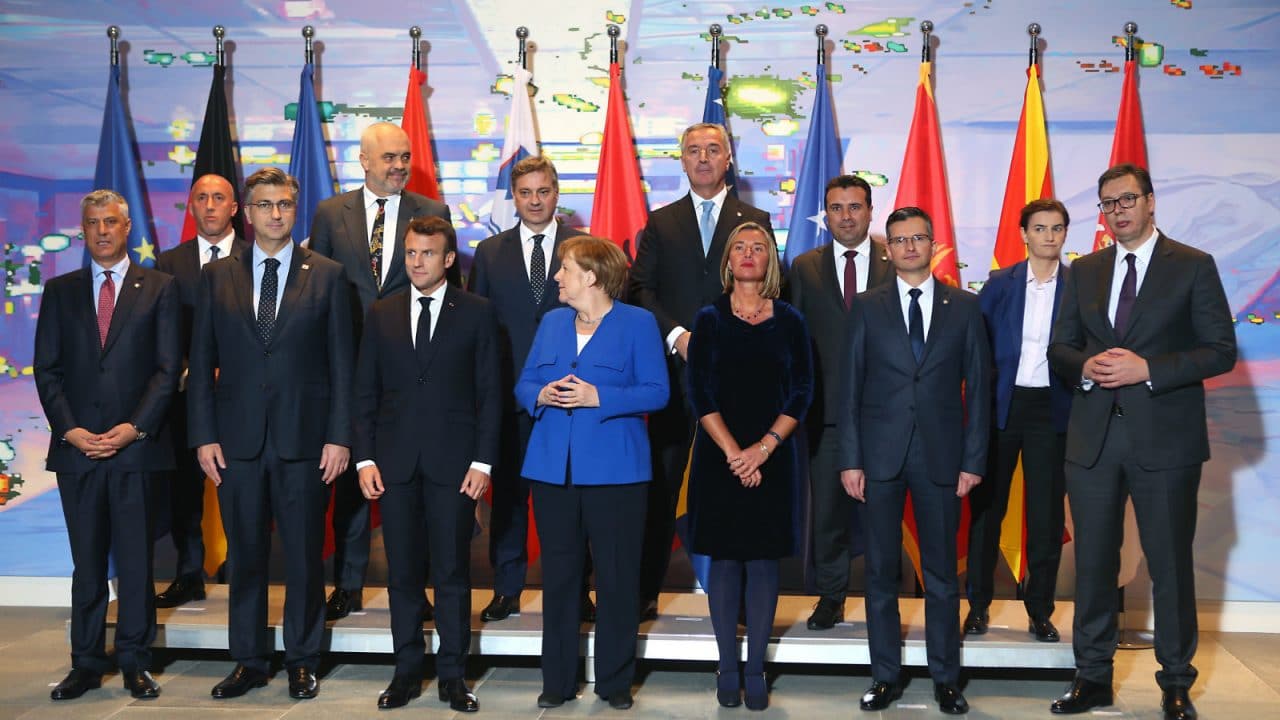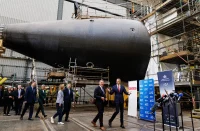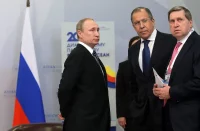A Western Balkans summit has just been held in Berlin attended by representatives of the Balkan countries on the western edge of the region, including six states seeking to join the European Union, as well as senior officials from Brussels headed by Federica Mogherini, the EU’s foreign affairs commissioner.
German Chancellor Angela Merkel and French President Emmanuel Macron, who organised the new event in the political life of the Old World, dashed the hopes of Albania, Bosnia and Herzegovina, North Macedonia, Serbia, Kosovo, and Montenegro for a speedy entry into the European Union. Before joining the EU, they would do well to get their houses in order first. By this, Europe’s leaders primarily mean political stability, which is still clearly lacking in the Western Balkans.
Emmanuel Macron softened the blow, however, by promising Paris’s help in carrying out key economic, social, security and rule of law reforms.
“We [will] work together on the stability of the region,” stressed the French president.
Although Brussels, Paris and Berlin mostly lost interest in the Western Balkans at the turn of the century, this interest has been re-piqued by Beijing, which has been getting actively involved in the region over the last 10–15 years, and by Russia, which historically has always had extensive interests in the Balkans and which also starting thinking about them again in the noughties. President Macron emphasised that he understands other countries (Russia and China) also have their interests in the region, but added that “European interests matter more”.
Brussels’ reluctance to give the Western Balkans over to Russia and China has spurred it into action. Two countries in the region – Croatia and Slovenia – are already members of the European Union, while the other six are at various stages of joining, with Montenegro and Serbia the closest. Official EU accession negotiations are already under way between Belgrade and Podgorica, on the one hand, and Brussels, on the other, while Albania and North Macedonia are only candidates. They are hoping to be given the green light and begin accession negotiations at a June summit. This summit will be very important for the Western Balkans, because it will most likely assess their readiness to join the EU.
Although Serbia has progressed furthest down the path to accession, it is being held back by its friendship with Russia and even more so by its unresolved conflict with Kosovo. Relations between Belgrade and Pristina have been a recurring theme of all the events and discussions in Berlin.
Now, everyone’s discussing the idea of a territory swap between Serbia and Kosovo to eliminate territorial claims. The idea has the support of Washington, Brussels and Paris, but Chancellor Merkel has been openly against it since it was first mooted.
As well as the EU’s reluctance to hand the strategically important region over to Russia and China, the fact that the Western Balkans summit took place in the German capital can also be explained by France and Germany’s alarm over how events are unfolding in the area, despite the recent success of renaming Macedonia that has resolved a long-standing conflict between Skopje and Athens over the name of the former Yugoslav republic.
Adi Cerimagic, an analyst with the European Stability Initiative and the author of a recent report on the region explained that: “[T]here is something like a Brexit mood in the sense that leaders in the region do not understand how important the EU is for them, when it is actually the most important partner”.
Cerimagic believes that there are grounds for concern. By way of example, he says that the Balkan population was much more optimistic about joining the EU ten years ago than it is now.

According to a statement issued by the German government, the main outcome of the Western Balkans summit in Berlin was an agreement between Serbia and Kosovo to cooperate in their search for compromises and a solution to the numerous problems in their bilateral relations. Belgrade and Pristina have promised to play a “constructive role” in the talks that are being led by Federica Mogherini, although they have not proved particularly fruitful as yet.
Serbian President Aleksandar Vučić, meanwhile, attended the second One Belt, One Road forum that took place in Beijing last weekend. The Serbian leader met with Chinese President Xi Jinping and Russian President Vladimir Putin while in the Chinese capital and there is every chance that he discussed the issue of Kosovo with them, too.














Comments